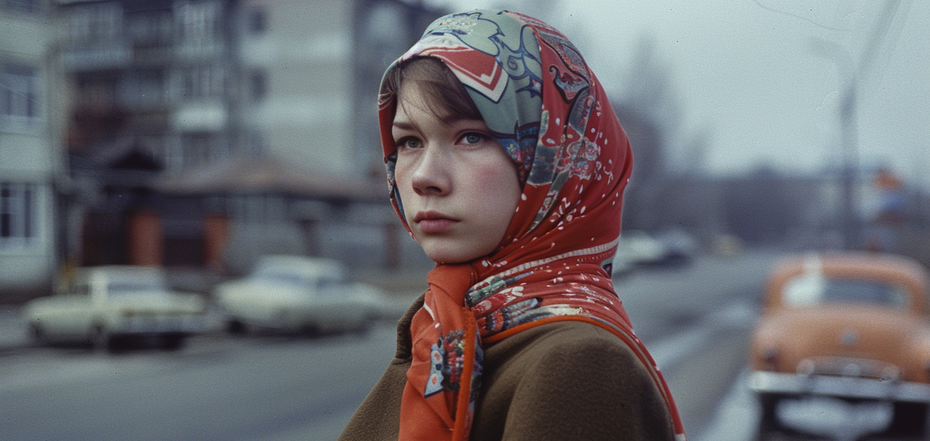Lifestyle
What women's professions were considered second-class in the USSR: the main stereotypes
The life of a woman in the Soviet Union was extremely difficult. Women were condemned for literally everything, and a lot was demanded of them: a "proper" personal life, caring for the entire family, and success in their work. But not every profession was considered prestigious.
OBOZ.UA has compiled a list of such professions. Women who earned their living in this way were shamed. And the fact of such work was hidden from relatives and friends in order not to face additional criticism.
Housekeeper
Keeping a maid in the USSR was considered a sign of a "bourgeois" lifestyle and was strongly condemned. But the paradox was that the condemnation fell on the staff, not on those who could afford it. Such services could be paid for mainly by people in power and top intellectuals, and it was risky to criticize them. Therefore, Soviet citizens took out their anger on the staff.
Thus, domestic workers were derogatorily called "zinkas". And their hard daily work was devalued because it allegedly required neither education nor special skills. This negative attitude was also due to the fact that the representatives of the profession worked in conditions of luxury – they looked after spacious, well-furnished apartments, and often had access to household appliances. The combination of envy and disdain made the profession of a domestic worker a second-rate one.
Laborer
Workers in the USSR were called the advanced class, glorified in works of art, and relied on to build communism. The hypocrisy was that not all blue-collar workers were treated this way. When it came to professions that could be done without education, such people were more often despised. Especially if the laborer was a woman. She was looked at as a failure who could not learn anything and now laid asphalt or laid sleepers on a railroad construction site. Such women were also paid very little money for their lack of qualifications.
Housewife
By the way, housework in the USSR was devalued not only when it was a profitable profession. Women who decided to devote their lives to their families were also negatively treated. A "real" Soviet citizen had to manage everything – both her career and her home. If she chose one or the other, she was considered a spender. Personal circumstances were not taken into account. Even if a woman was caring for sick relatives or raising three or more children, she was still condemned for not going to work like everyone else.
Postman
The importance of the people who delivered mail in the Soviet era could not be overestimated. In remote regions, they were almost the only link to the world. However, women, who mostly held these positions, were treated negatively. They were subjected to anger if they did not deliver mail on time or came at inconvenient times. On top of that, they had to carry heavy bags every day and had to go to work regardless of the weather.
Cleaning lady
Despite the fact that there was a slogan in the USSR that all professions were important and necessary, cleaners who kept public places clean were looked down upon. It was believed that only a woman who was incapable of doing anything else and who had failed to find a job anywhere else could agree to such hard work. By the way, the pay for this hard work was also very poor.
A janitor
The women who took care of the cleanliness of the streets were treated with similar disdain. Not only did they have to do dirty work, but they were also harassed for the opportunity to get temporary housing near their place of work. The janitors were given a room in their area of responsibility so that they could get up before everyone else and clean the streets before people went to work. This was particularly annoying for Soviet citizens.
Fashion model
Today, the profession of a fashion model is considered interesting and prestigious. In the USSR, women who were engaged in it were punished for literally everything. First, for their appearance. It was forbidden for a Soviet person to stand out. Secondly, for the fact that such work did not require education. And third, for the low-paid labor. Despite the fact that fashion models dealt with fashionable things and had access to a beautiful life, they were paid roughly on par with cleaners.
Subscribe to OBOZ.UA's Telegram and Viber channels to keep up with the latest developments.



























